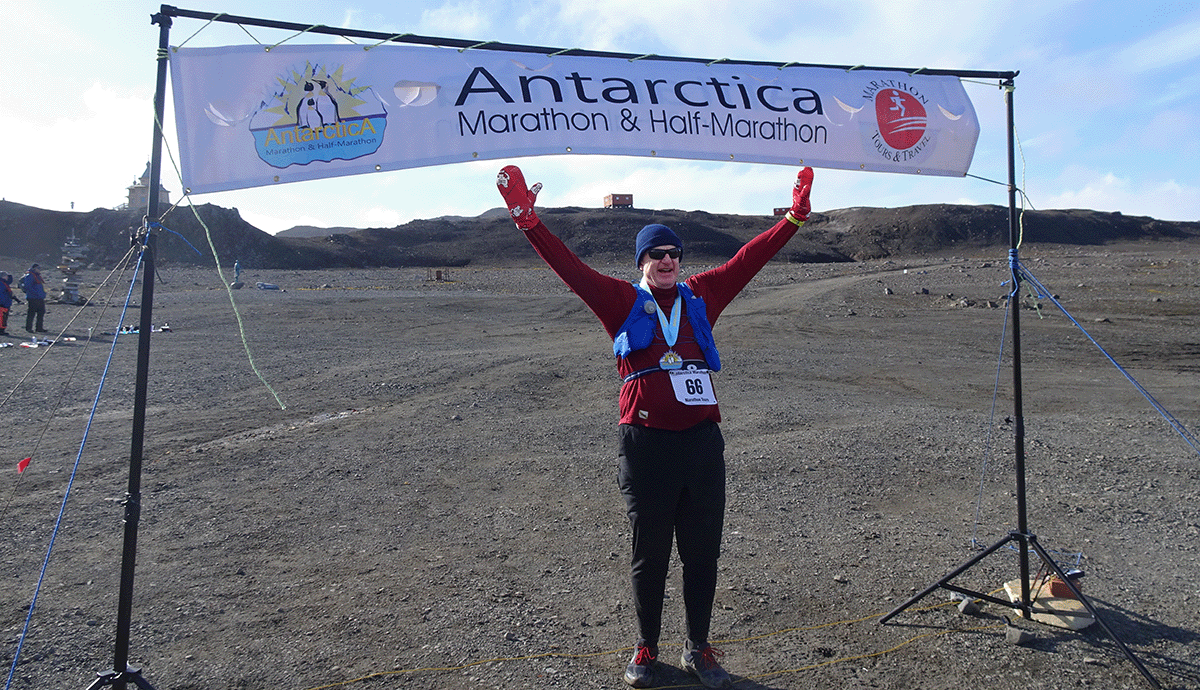Office Hours with Charu Kaushic

Charu Kaushic’s childhood in India was filled with a fascination for the scientific mysteries of the world, especially in biology and medicine.
“As a child, I was intrigued by the complexity of life and the challenges of human health,” she shares, reflecting on the foundation for her influential career.
Kaushic completed her PhD at the Indian National Institute of Immunology and furthered her post-doctorate studies at Dartmouth Medical School in the United States. “Dartmouth allowed me to delve more deeply into infectious diseases, and my experience there shaped my research interests,” she recalls.
In 2000, Kaushic moved to Canada, joining McMaster University’s then Centre for Gene Therapeutics. Her research expanded to include investigations of viral vaccines and sexually transmitted infections. “It was at McMaster that I recognized the significant impact of our research on women’s health, particularly regarding infectious diseases,” she reflects. This realization steered her research towards improving women’s health outcomes.
A champion of women’s health and diversity
Kaushic’s dedication to women’s health has been a cornerstone of her career. “A pivotal moment was when I realized the direct relevance of our research to women’s reproductive health choices,” she explains. This insight led her to focus on unique health challenges faced by women, especially in marginalized communities.
This is also how she became acutely aware of systemic challenges in academia. “As a racialized woman researcher, you’re often not afforded the same privileges as others. You must work harder and smarter,” she acknowledges. For this reason, Kaushic champions diversity in science – not just for representation, but to bring forward diverse perspectives that enrich scientific understanding.
“Diversity in science is critical; it brings perspectives that enrich our understanding,” she asserts. She spends time mentoring young scientists, advocating for health policy, and championing inclusive research practices.
“The most frequent feedback I hear from women in science is that they see themselves as hard workers, not leaders. They are leaders, but they’ve never been recognized as such,” Kaushic observes. “Sometimes, all it takes is encouragement and support to realize their potential.”
The challenges and opportunities of leading during tough times
In 2018, Kaushic assumed leadership at the Canadian Institutes of Health Research’s Institute of Infection and Immunity; a role that unexpectedly intensified with the COVID-19 pandemic. “Leading the institute during this critical period was challenging, but it also presented an opportunity to significantly influence our national research response to the pandemic,” she notes.
The pandemic required long working hours. “My team and I were putting in 70 hours a week for almost two and a half years. I can’t remember having a Christmas break in 2020.”
Under her guidance, the institute played an essential role in coordinating national research efforts, fostering collaborations, and ensuring resource allocation for effective pandemic response.
“Where I really spend most of my time now is figuring out strategically where Canada finds itself on the national and international landscape of research. My mission is to uncover how we can smartly invest funds into research that helps Canadian scientists lead globally in better understanding infectious diseases and immunology.”
Inspiring a future generation and inclusivity in science
Kaushic is optimistic about the future, envisioning a scientific community reflective of society. “My aspiration is for a world where science is as diverse as our global community, where different perspectives are instrumental in shaping scientific inquiry,” she says.
Kaushic remembers a program that her Institute launched for a prestigious health leadership award and noticing a lack of gender equity and diversity among the pool. “I knew we couldn’t proceed as usual, not with our focus on equity and diversity,” she recalls. Kaushic and her team extended personal support to potential candidates who deserved recognition. This intervention led to a more diverse pool of applicants. Ultimately, the award recipients represented a more diverse group, split evenly between men and women.
“I focus on those who may not normally receive recognition as star prodigies. They need assurance that they too can take on leadership roles and that they will have support on their path to success.”
“I hope my legacy will be the positive changes I bring to health research and the academic environment, inspiring future generations to challenge the status quo in science.”
Faculty & Staff, Office Hours
Related News
News Listing

21 hours ago

December 23, 2024

